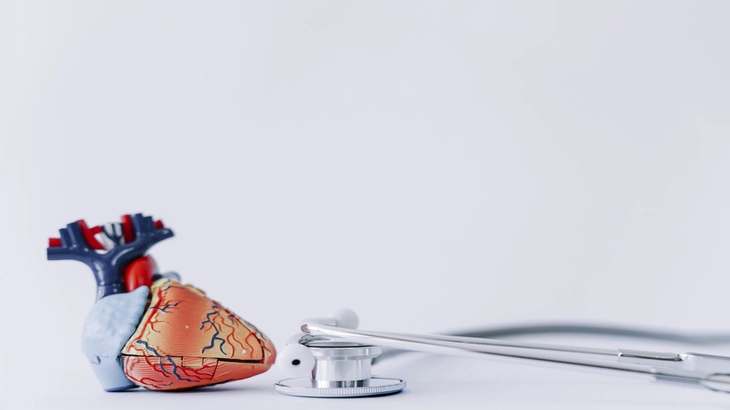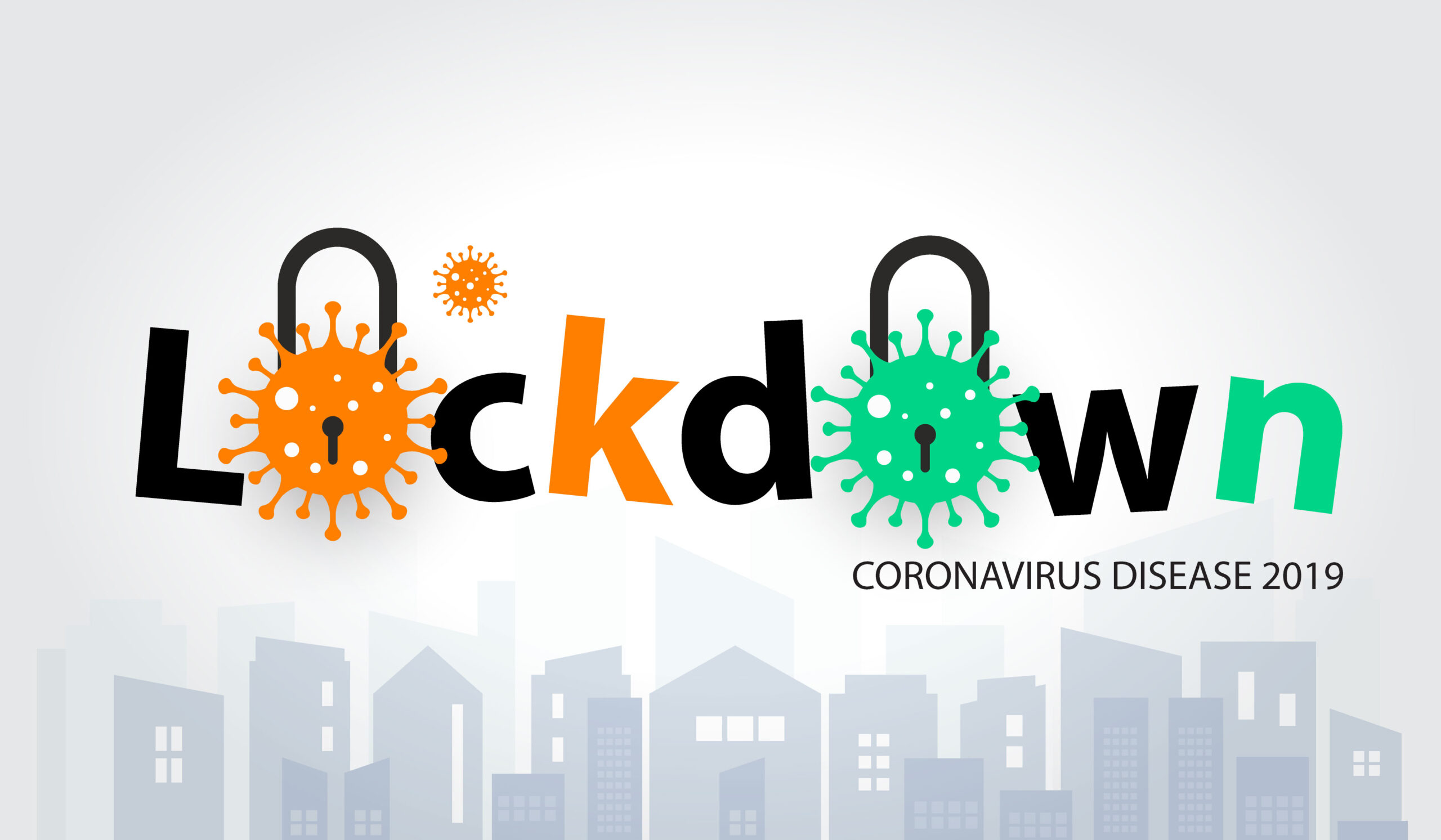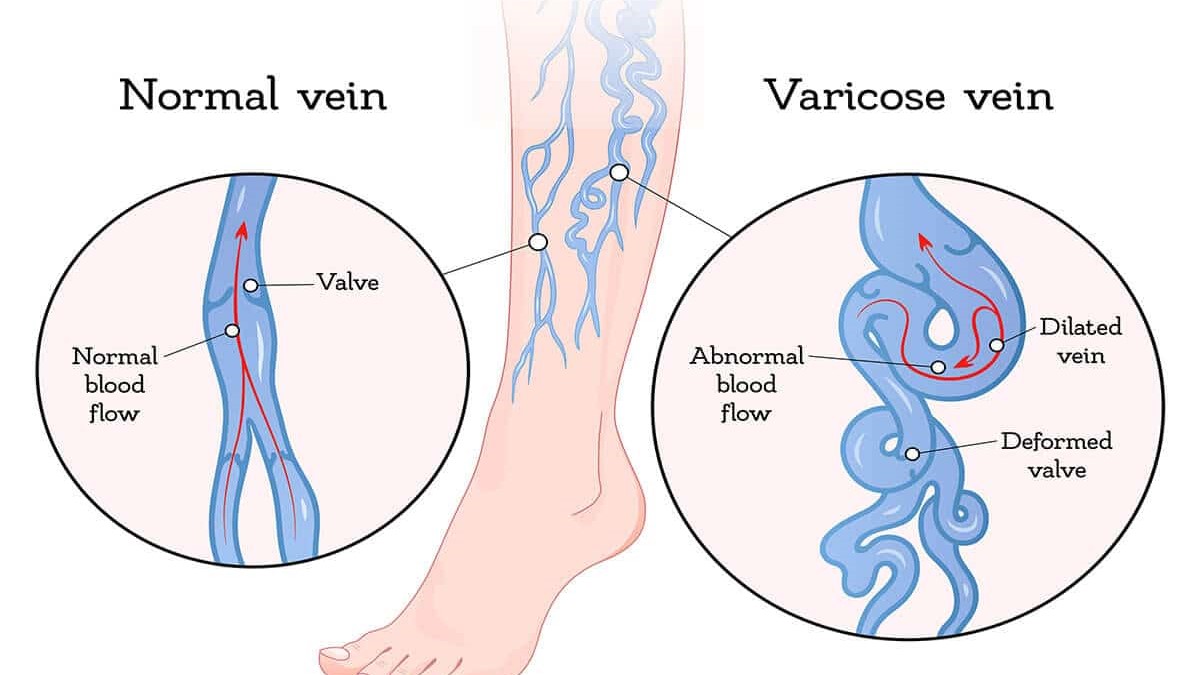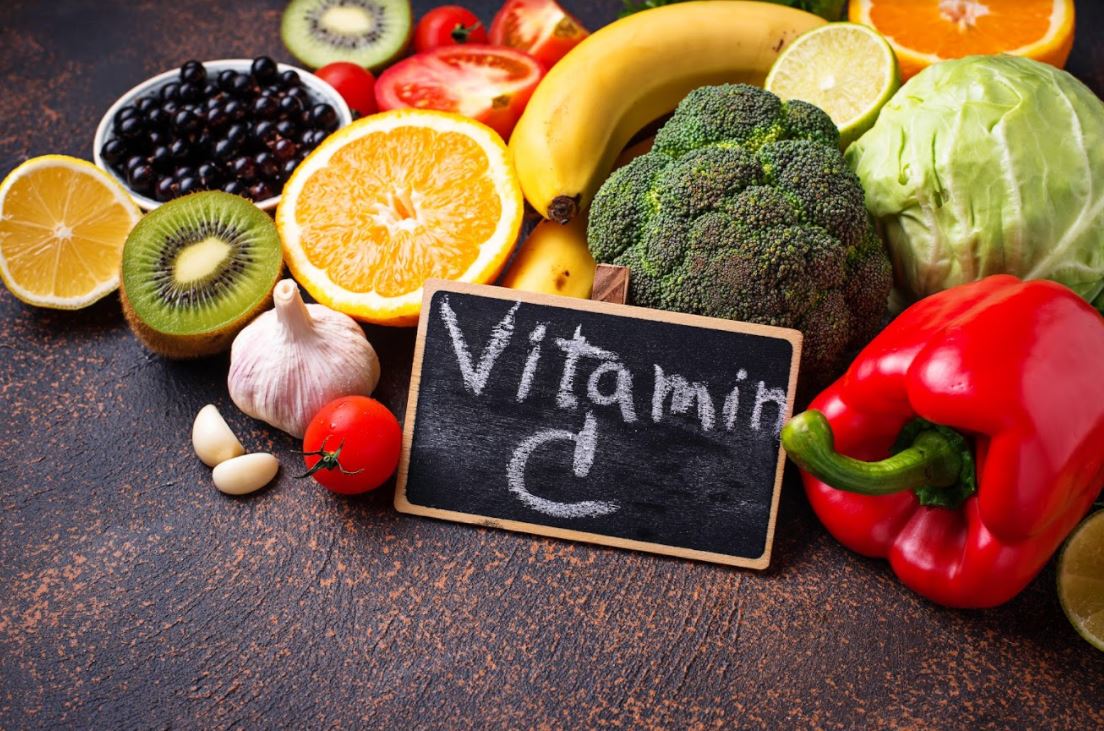

Young man feeling sick and holding his chest in pain while drinking tea in the living room.
According to research, more than half a billion people around the world continue to be affected by cardiovascular diseases, which accounted for 20.5 million deaths in 2021 – close to a third of all deaths globally.
The sudden jump in heart attacks at a young age has heightened the tension of many people around the world. Myocardial infarction (MI) was once thought to be a concern for the elderly population. However, now the reality has changed. Now, one in every five heart attack patients is under the age of 40.
Signs of a Heart Attack
To prevent the disease at an early stage, it becomes very necessary to be aware of the symptoms of a heart attack. Knowing will ensure nothing escalates too much. Here are some of the most common signs of a heart attack that you should look for.
-
Chest Pain
Compared to older people, the young generation can experience a slightly different type of chest pain. They might feel discomfort at one particular place. In such cases, it is advisable to have a professional checkup as early as possible.
-
Shortness of Breath
Difficulty in breathing, especially if it happens suddenly and is unrelated to physical activity, can be a concerning symptom. It might feel like a choking sensation sometimes.

Heart attack symptoms or warning signs infographic illustration
-
Sudden Fatigue
If you experience sudden episodes of prolonged fatigue or weakness without any possible explanation and it does not go away even after resting, an immediate health checkup is necessary.
-
Dizziness
Feeling lightheaded or dizzy can be another warning sign of an imminent attack. This can be a direct outcome of poor pumping of the heart or extremely fast heart rates.
Prevention of Heart Attack
Remaining conscious and aware of your heart condition helps prevent any unwanted outcomes. Following certain specific guidelines will secure a better chance of a healthy life for you.
-
Maintain a Healthy Diet and weight
Consuming a balanced diet rich in fruits, vegetables, whole grains, lean proteins, and healthy fats is recommended for living a healthy life. Limiting your intake of processed foods, salt, and added sugars helps in maintaining the right body weight as well.
-
Regular Exercise
Engage in regular exercise for at least 30 minutes to improve your cardiovascular health. This ensures your heart rate remains stable.
-
Limit Liquor and Smoking
To keep your heart fit and fine, avoid smoking and consuming alcohol as well. Excessive intake of these substances is seriously harmful to your body and heart.
-
Check Your Cholesterol Level
Keeping your cholesterol level in check is essential for preventing the chances of heart attack at a later age in life. The high level may not concern you immediately, but it can be a serious issue if not attended currently.
-
Control Diabetes
If you are a patient with diabetes, make sure you keep a regular checkup with your doctor. Elevated blood sugar levels can damage blood vessels and increase your risk of heart disease.
-
Stress Management
High stress levels can contribute to heart disease. Stress-reduction methods such as meditation, yoga, deep breathing, and mindfulness are of great help in managing stress.
When it comes to the alarming rise of heart attacks in young individuals, prevention stands as our strongest ally. Being aware of the risk factors associated with cardiovascular diseases is a great place to begin with. As we navigate through the complexities of modern life, the key takeaway is that your heart is in your hands. By taking proactive steps you can significantly reduce the risk of a heart attack and pave the way for a healthier, happier, and more vibrant life. Remember, your heart’s health knows no age, and investing in it today is an investment in a brighter, heart-healthy tomorrow.




















